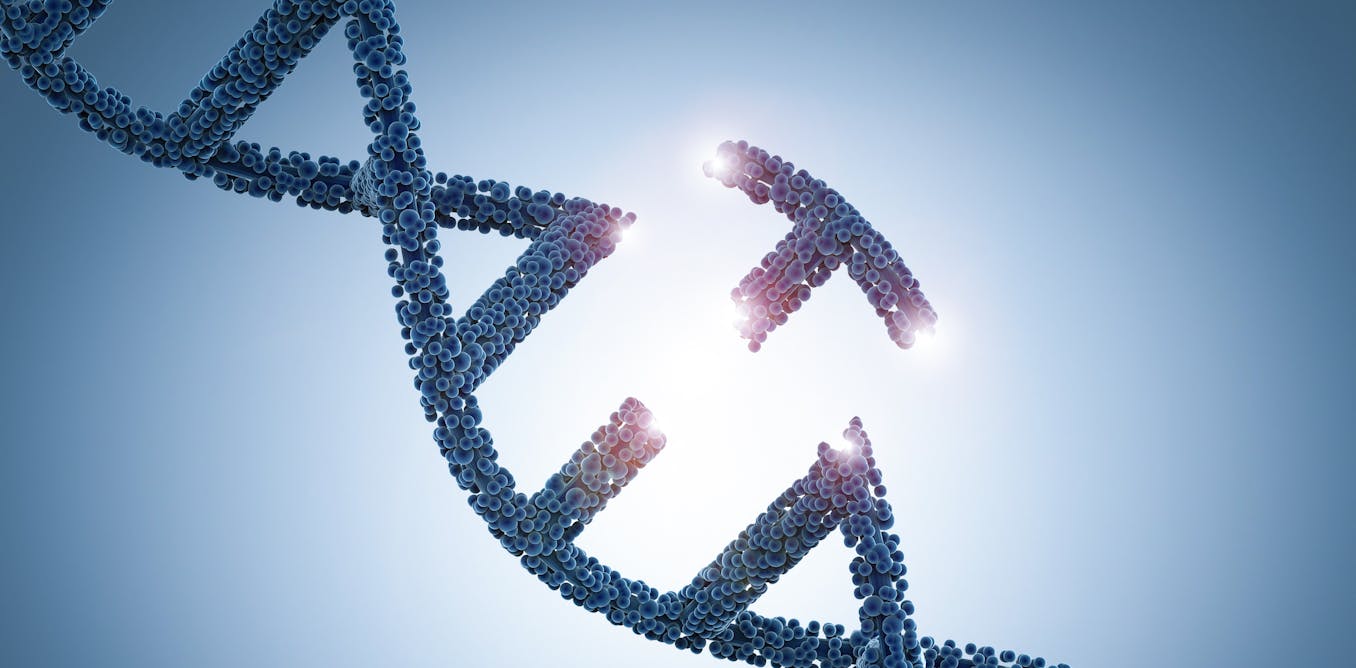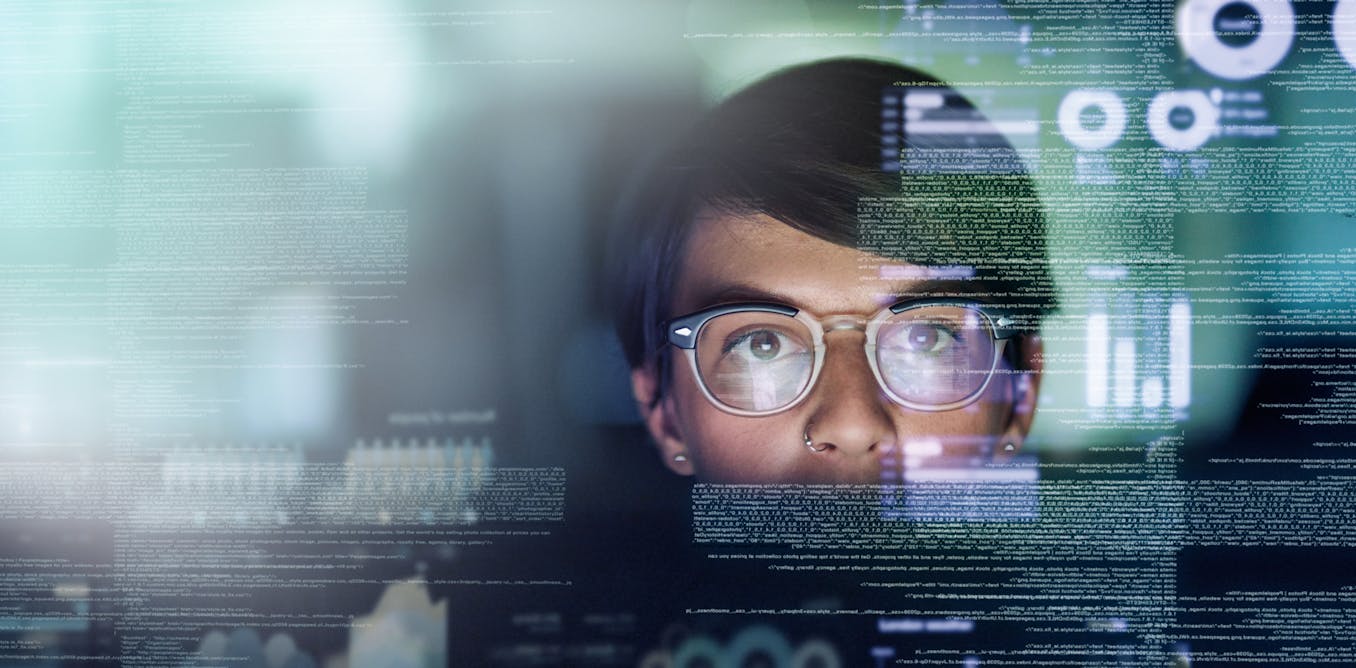Is ‘coaching’ a shortcut to mental health care? Not so fast − here are key differences
A professor of psychiatry unpacks what to consider if you’re looking for help with physical or mental health and are considering using coaching services.
Aug. 30, 2024 • ~9 min










